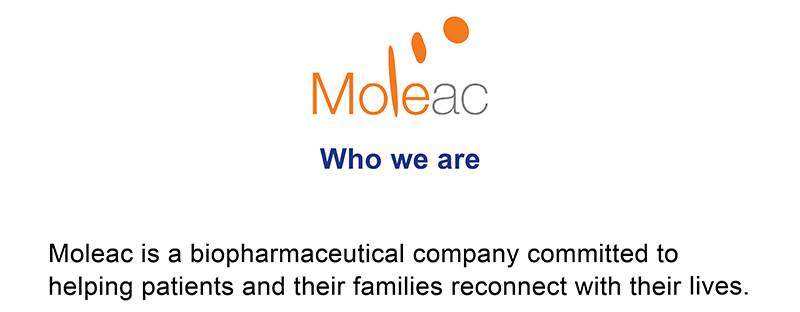Hit ENTER to search or ESC to close



Providing help to stroke patients is important in aiding their recovery. With patients suffering from physical and cognitive impairments, care and aid must be tuned to their specific needs to favour their recovery.

When it comes to caring for a stroke patient at home, there will be plenty of work needed to change their everyday surroundings. In some cases, a complete change of their home and living arrangements is needed. For example, patients may need a bedroom on the ground floor as taking stairs might be challenging with reduced motor skills. Similarly, it might be easier to use a shower cubicle instead of a bathtub.
Sometimes, every single activity of daily life may need to be specifically adapted to the state of the patient. A large variety of apparatus can be installed to help them with the most basic of tasks. This may include getting large-handled cutlery to help them eat with or even a bath stool so they are bathed seated and assisted to and from the shower.
These important aspects of post-stroke daily living are reflected upon by Prof. Anita Arsovska, Professor of Neurology at Cyril & Methodius University in Skopje, North Macedonia, who says that “many people living with strokes have issues with life after a stroke”.
Learn more about Stroke Care with Noemie and Professor Anita Arsovska
Professor Anita Arsovska
University Clinic of Neurology,
University Ss. Cyril and Methodius,
Faculty of Medicine, Skopje,
N. Macdedonia

The adaptation of the patient’s environment to their specific needs is essential and should be boosted by emotional support too. Providing emotional support and understanding the challenges as well as building motivation is key to getting through the post-stroke recovery journey.
Many stroke patients can also face emotional difficulties during their recovery phase. Providing them with moral support and aiding them during any difficult moment can help them overcome anxiety and depression.
Furthermore, spending time with them and talking aids anyone struggling with speech impairment. Conditions such as aphasia need social interaction for patients to improve so engaging in even simple conversations can help them improve.

Caring for recovering stroke patients is never an easy process. It is something that will take time as they will overcome each hurdle they face. That is why simple actions such as helping them take medicines and aiding in basic daily tasks can boost their confidence and increase their overall motivation to fully recover from their impairments.
It is always important to consult the treating physician and rehabilitation specialists who will be in the best position to guide you through the most relevant ways to support people after a stroke.
Follow us on social media!
References:
1. Stroke Care with Professor Anita Arsovska and Noemie video by Moleac Pte Ltd. (2022).

Website: Moleac.com
Contact: info@moleac.com
This document does not constitute the practice of medical consultation nor medical advice. Always seek the advice of your treating physician and/or specialist.
All Rights Reserved by Moleac Pte Ltd, Helios #09-08, 11 Biopolis Way, Singapore 138667